Cells start consuming the connections in your brain when we sleep inadequately. New research reveals how bad it can be when you do not get enough sleep.
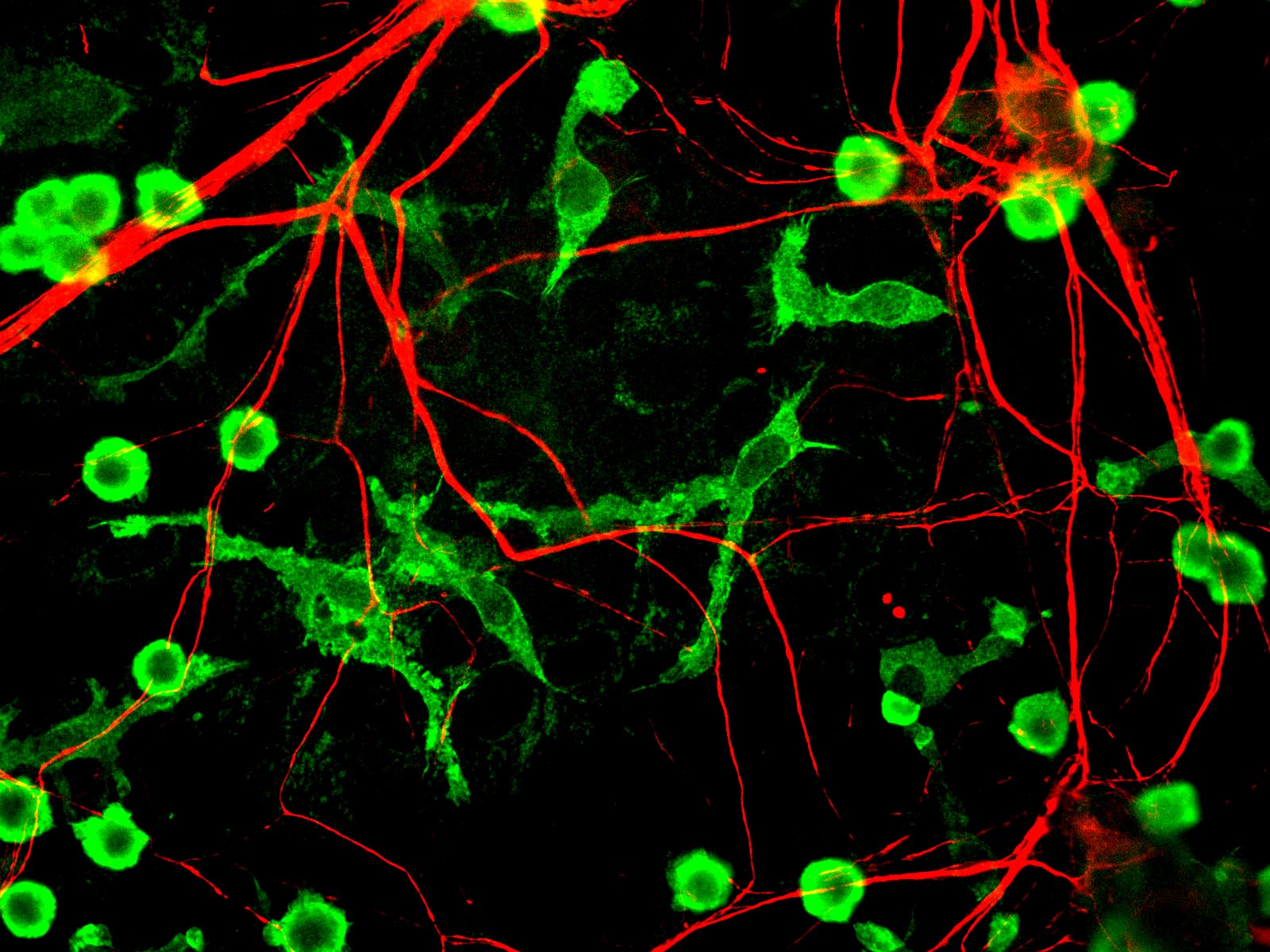
We now know that a lot of cleansing work is done in the brain every night we sleep. Special immune cells cleanse the brain by removing waste substances and recycling unnecessary connections. But if you do not get enough sleep, a malfunction ensues in the cleaning operation.
Italian researchers kept mice awake for five days to examine the effects of insomnia. They discovered that in particular, two cell types are important for the brain to be able to perform a nightly cleansing: Astrocytes seal old connections in the brain while microglial cells vacuum old and dead cells as waste materials.
The researchers, among other things, examined the brains of three groups of mice. The first group was allowed to sleep for as long as they wanted. The other group was kept awake for eight hours to imitate what happens when our sleep disappears for a certain shorter period. The third group was subjected to chronic sleep deprivation and deprived of its sleep for five days.
Both types of remediation cells responded to sleep deprivation. In the rested mice, astrocytes, which seal old connections, were active in six percent of the brain’s synapses – the points where the brain cells meet.
Mice that lost some of their sleep had active astrocytes in eight percent of the synapses, while chronic sleep deprivation resulted in the cells cleaning up in 13.5 percent of the synapses.
What was worst, however, was that the mice exposed to chronic sleep insufficiency had more active microglial cells – and for a long time, researchers have linked them to a variety of brain diseases, including Alzheimer’s disease.
We find that astrocytic phagocytosis of synaptic elements, mostly of presynaptic origin and in large synapses, is upregulated already after a few hours of sleep deprivation and shows a further significant increase after prolonged and severe sleep loss, suggesting that it may promote the housekeeping of heavily used and strong synapses in response to the increased neuronal activity of extended wake. By contrast, chronic sleep restriction but not acute sleep loss activates microglia, promotes their phagocytic activity, and does so in the absence of overt signs of neuroinflammation, suggesting that like many other stressors, extended sleep disruption may lead to a state of sustained microglia activation, perhaps increasing the brain’s susceptibility to other forms of damage.
The finding could explain why a lack of sleep seems to make people more vulnerable to developing Alzheimer’s or similar conditions.
Reference:
Michele Bellesi, Luisa de Vivo, Mattia Chini, Francesca Gilli, Giulio Tononi and Chiara Cirelli Sleep Loss Promotes Astrocytic Phagocytosis and Microglial Activation in Mouse Cerebral Cortex Journal of Neuroscience 24 May 2017, 37 (21) 5263-5273; DOI: https://doi.org/10.1523/JNEUROSCI.3981-16.2017

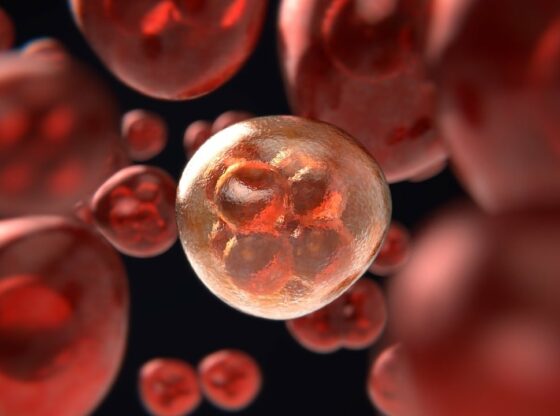


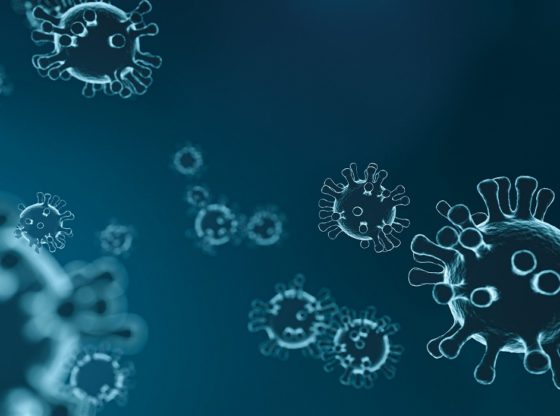
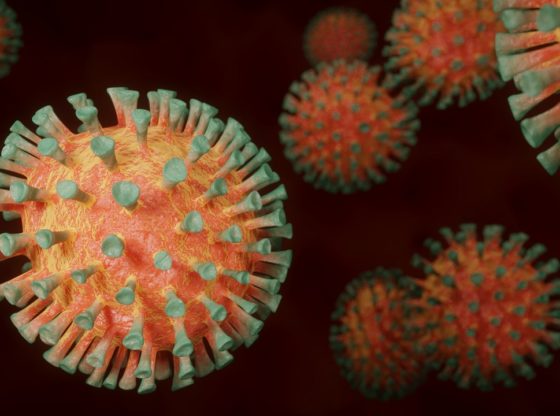

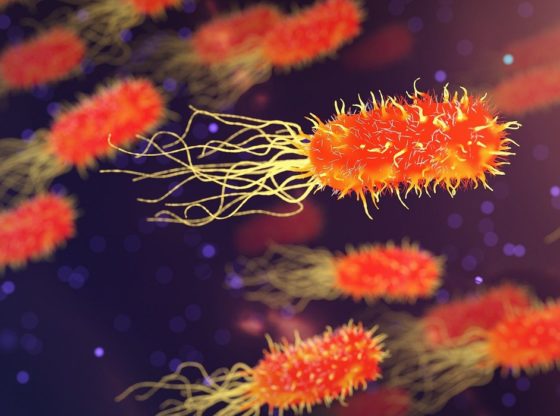
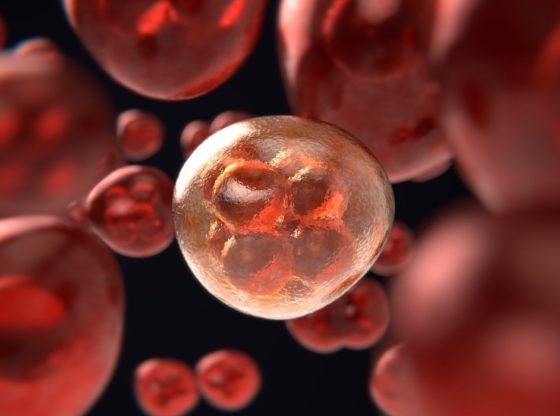


![OpenAI. (2025). ChatGPT [Large language model]. https://chatgpt.com](https://www.illustratedcuriosity.com/files/media/55136/b1b0b614-5b72-486c-901d-ff244549d67a-350x260.webp)
![OpenAI. (2025). ChatGPT [Large language model]. https://chatgpt.com](https://www.illustratedcuriosity.com/files/media/55124/79bc18fa-f616-4951-856f-cc724ad5d497-350x260.webp)
![OpenAI. (2025). ChatGPT [Large language model]. https://chatgpt.com](https://www.illustratedcuriosity.com/files/media/55099/2638a982-b4de-4913-8a1c-1479df352bf3-350x260.webp)








